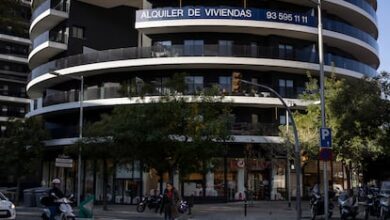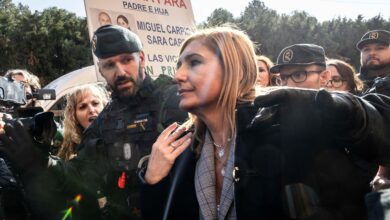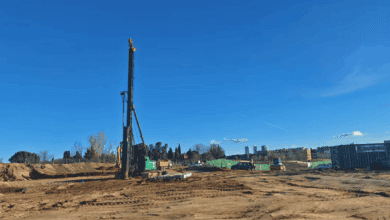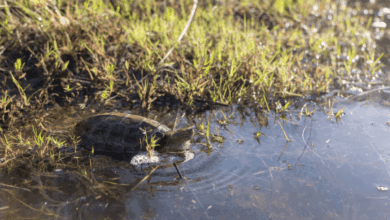
In Coria del Río, a town in the province of Seville, local residents continue their prolonged struggle for official recognition of the health damage caused by years of exposure to hazardous chemicals. For more than twenty years, around four thousand people have been forced to live in an environment where the air is saturated with harmful compounds, while authorities show little urgency in addressing the issue.
Recently, it was revealed that the court investigating the case has once again requested the Institute of Forensic Medicine to provide medical reports on the health of those affected. However, despite persistent appeals, not a single forensic medical expert has been appointed to assess the health consequences for residents. This ongoing inaction is fueling growing frustration and a sense of hopelessness among the community.
The problem began with soil and air pollution near the local gas station. For years, residents complained of headaches, nausea, chronic fatigue, and even more serious conditions, including leukemia and respiratory diseases. Environmental agencies and prosecutors confirmed that levels of dangerous substances—such as toluene, benzene, and xylene—exceeded legal limits by dozens or even hundreds of times. Despite this, the authorities have yet to take decisive action to eliminate the source of contamination or provide compensation to the victims.
Medical protocols and bureaucratic delays
Last October, representatives of the residents’ association met with health and environmental officials to develop a plan of action. They decided to create a special medical protocol that would allow doctors to link chronic illnesses to toxin exposure. Such a document is essential for victims to claim compensation. However, the development of the protocol has been delayed, and coordination between the Virgen del Rocío hospital and the forensic medical service is still lacking.
Residents are also calling for the investigation to be expanded: they suspect that the contamination may have been caused not only by leaks from the gas station, but also by faults in the sewage system maintained by Aljarafesa. Cracks were found in one of the collectors, which could have allowed chemicals to seep into the sewage and spread toxins further. Despite these concerns, prosecutors have restricted the investigation to the area around the gas station.
The wait for justice continues
Families living in the Guadalquivir area have been demanding for years that authorities and the court speed up the process and appoint an independent expert to objectively assess the damage to their health. Without official medical reports, they cannot count on compensation or official recognition of their problem at the national level. Meanwhile, bureaucratic delays and lack of coordination between agencies only make the situation worse.
While the courts demand reports and the authorities promise to develop new protocols, residents of Coria del Río continue to live with constant health risks, uncertain when their suffering will finally be acknowledged and compensated.












